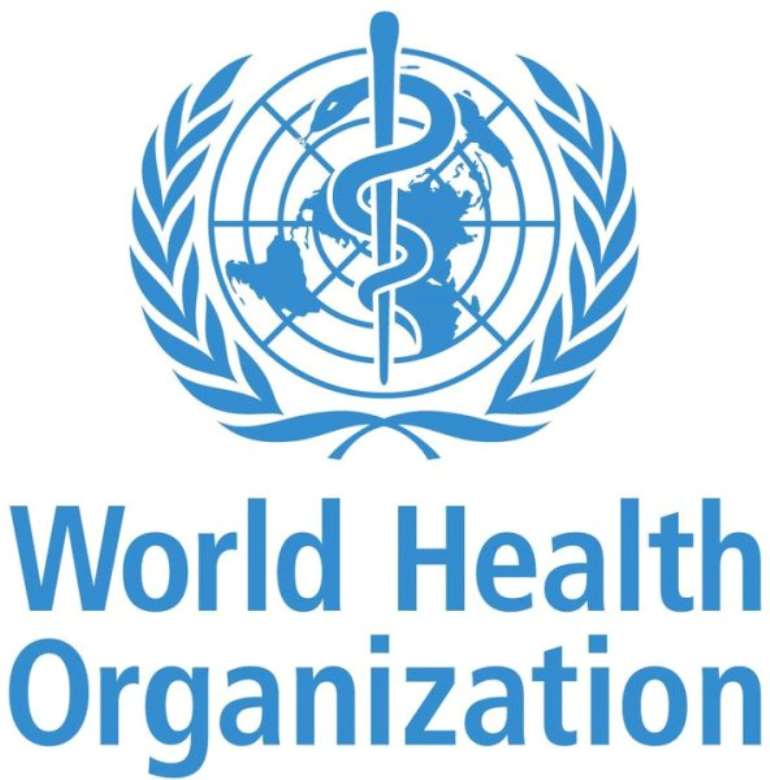WHO Disease Outbreak News on the Ebola Virus Disease in West Africa and Cholera in South Sudan

GENEVA, Switzerland, May 29, 2014/African Press Organization (APO)/ -- Ebola virus disease, West Africa (Situation as of 27 May 2014)
Guinea
From 23 May 2014 to 27 May 2014, four (4) new districts reported 14 new EVD clinical cases and 5 deaths as follows: Boffa (5 cases and 1 death), Télimélé (7 cases and 4 deaths), Boke (1 case and 0 death) and Dubreka (1 case and 1 death). Community and nosocomial transmission are still occurring in Guéckédou, Macenta and Conakry.
As at 18:00, 27 May 2014, the total cumulative number of cases due to EVD is 281 and 186 deaths. The classification of these cases and deaths are as follows: confirmed (163 cases and 103 deaths); probable (66 cases and 56 deaths) and suspected (44 cases and 23 deaths). The geographical distribution of the cases is as follows: Conakry (48 cases, and 26 deaths), Guéckédou (176 cases and 126 deaths), Macenta (31 cases and 19 deaths), Kissidougou (7 cases and 5 deaths), Dabola (4 cases and 4 deaths), Djinguiraye (1 case and 1 death) in addition to the cases and deaths in the newly affected areas. The total number of cases in isolation is 16 (10 in Guéckédou, 3 in Télimélé and 3 in Boffa). The number of contacts under follow-up is 427 (250 in Conakry, 213 in Guéckédou, 126 in Macenta, and 88 in Télimélé).
Sierra Leone
In Sierra Leone, 16 cases, (7 laboratory-confirmed, 9 suspected) and 5 community deaths have been reported from Kailahun district. The district is located in the eastern region of Sierra Leone sharing borders with Guéckédou in Guinea and also with Liberia.
Liberia
In Liberia there have been no new cases since 9 April 2014. Social mobilization and surveillance have been enhanced in border districts.
The number of cases remains subject to change due to reclassification, retrospective investigation, consolidation of cases and laboratory data, enhanced surveillance.
WHO response
In response to the confirmation of EVD outbreak in Sierra Leone, WHO held multi-level teleconference to review the situation and propose key actions to be taken. These include, establishment of Emergency Response Team at WHO Country Office, deployment of experts, logistics and supplies and provision of catalytic funds.
WHO is facilitating the active participation of national authorities and community leaders to address community resistance and hiding of cases in some communities in both Guinea and Sierra Leone.
In Guinea, Ministry of Health and partners have mounted a response including outbreak investigation, risks assessment, case management, infection control in the newly affected districts and social mobilization targeting the resistant communities in Guéckédou and Conakry.
WHO does not recommend that any travel or trade restrictions be applied to Guinea or Sierra Leone based on the current information available for this event.
Cholera Outbreak, South Sudan (Situation as of 27 May 2014)
On 15 May 2014, the Ministry of Health of South Sudan declared a cholera outbreak. The index case was retrospectively identified with onset of illness on 23 April 2014. Four cases have been laboratory confirmed following tests conducted by the African Medical Research Foundation laboratory in Nairobi, Kenya.
As at 25 May 2014, a cumulative total of 586 cholera cases, including 22 deaths (13 in hospital and 9 community deaths) have been reported. The majority of the deaths reported in hospital died on arrival. Cases have been reported from eight of 15 Payams (sub-counties) in Juba County with the most affected payam being Muniki, accounting for 25% of the reported cases.
Given the on-going conflict and crisis situation in the country, the poor prevailing sanitary conditions, the beginning of the rainy season, and the history of cholera outbreaks in the country, the Ministry of Health of South Sudan continues to monitor the situation in Juba and surrounding areas.
In response to the cholera outbreak, the Ministry of Health developed a cholera response plan and established a Cholera Response Task force which coordinates both health and Water, Sanitation and Hygiene (WASH) activities. Plans to establish a Cholera Command and Control Centre (C4) in Juba are in final stages. The C4 will strengthen the coordination of the outbreak response and support the emergency response task forces in all 10 States.
WHO and partners are supporting the Ministry of Health to coordinate the cholera outbreak response activities; conduct rapid assessments, alert and outbreak investigations and confirmation; establish Cholera Treatment Centres and infection prevention and control; engage in active surveillance as well as supervising safe burial of the deceased. The Task Force is also coordinating regular meetings and public health education and awareness activities at all levels and producing situational reports and other outbreak documents. The WASH cluster is promoting hand washing and proper disposal of solid and liquid waste, as well as household water chlorination.
The Ministry of Health, with the support of WHO, UNICEF, MSF, IOM, and Medair, conducted oral cholera vaccination campaigns in February 2014 in Mingkaman, Malakal, Bor, Tomping and Juba III IDP camps targeting over 160,000,000 internally displace persons and achieved more than 80% vaccine coverage in an effort to prevent a possible cholera outbreak in IDP camps.
WHO response
WHO has deployed experts, including epidemiologists, logisticians, public health officers, et al., medical materials and other resources to support the response to the cholera outbreak. WHO is also deploying experts to conduct a risk assessment as well as to provide technical support to the WASH cluster.
Based on current information available for this event, WHO does not recommend that any travel or trade restrictions be applied to South Sudan.
